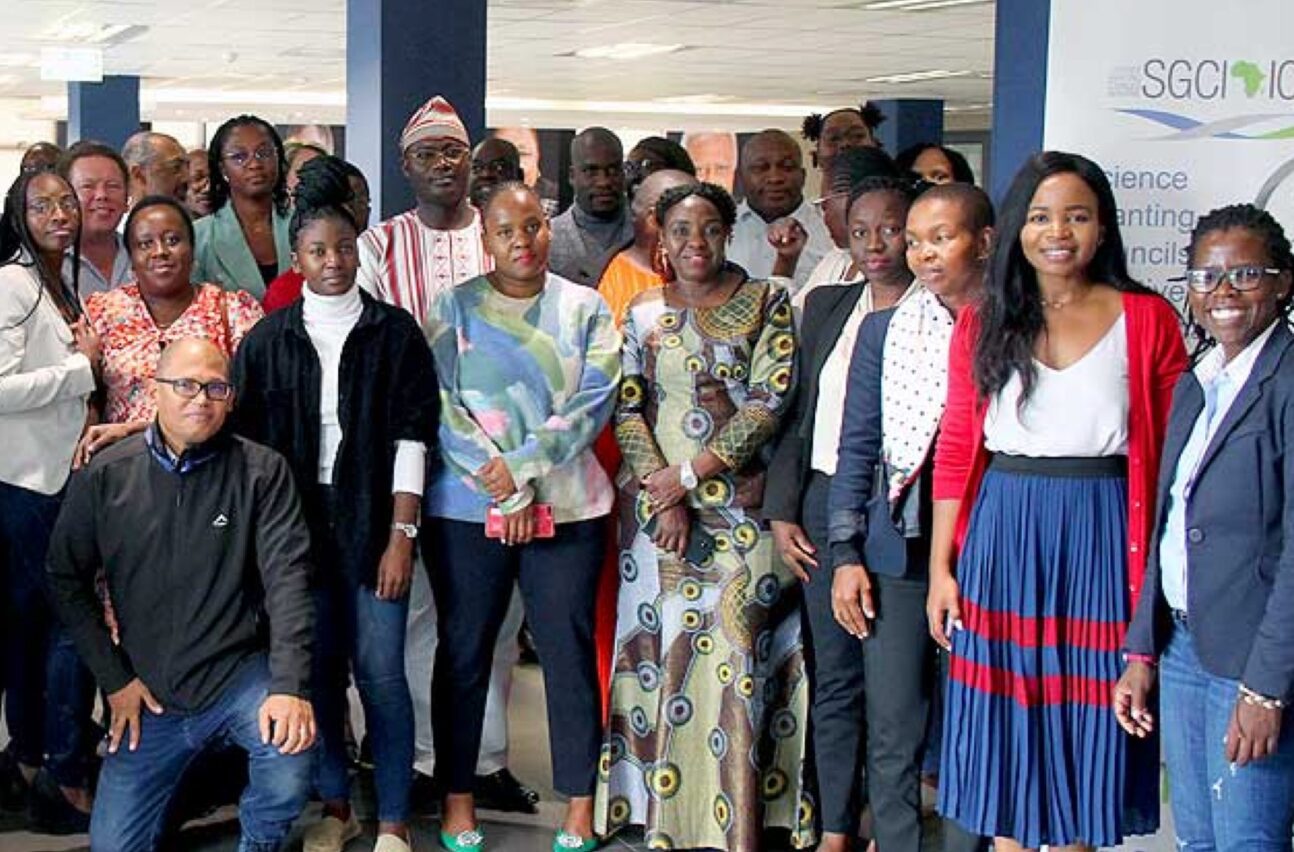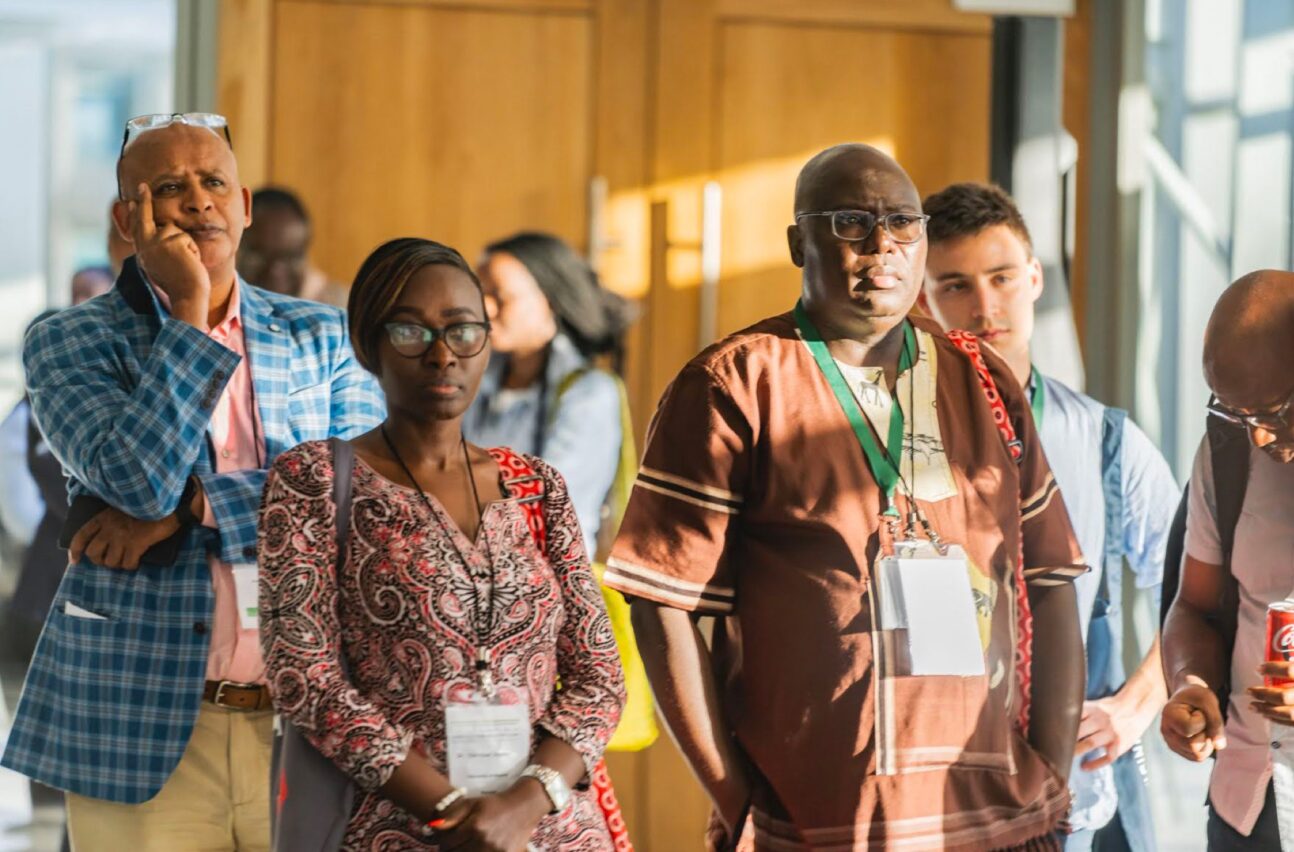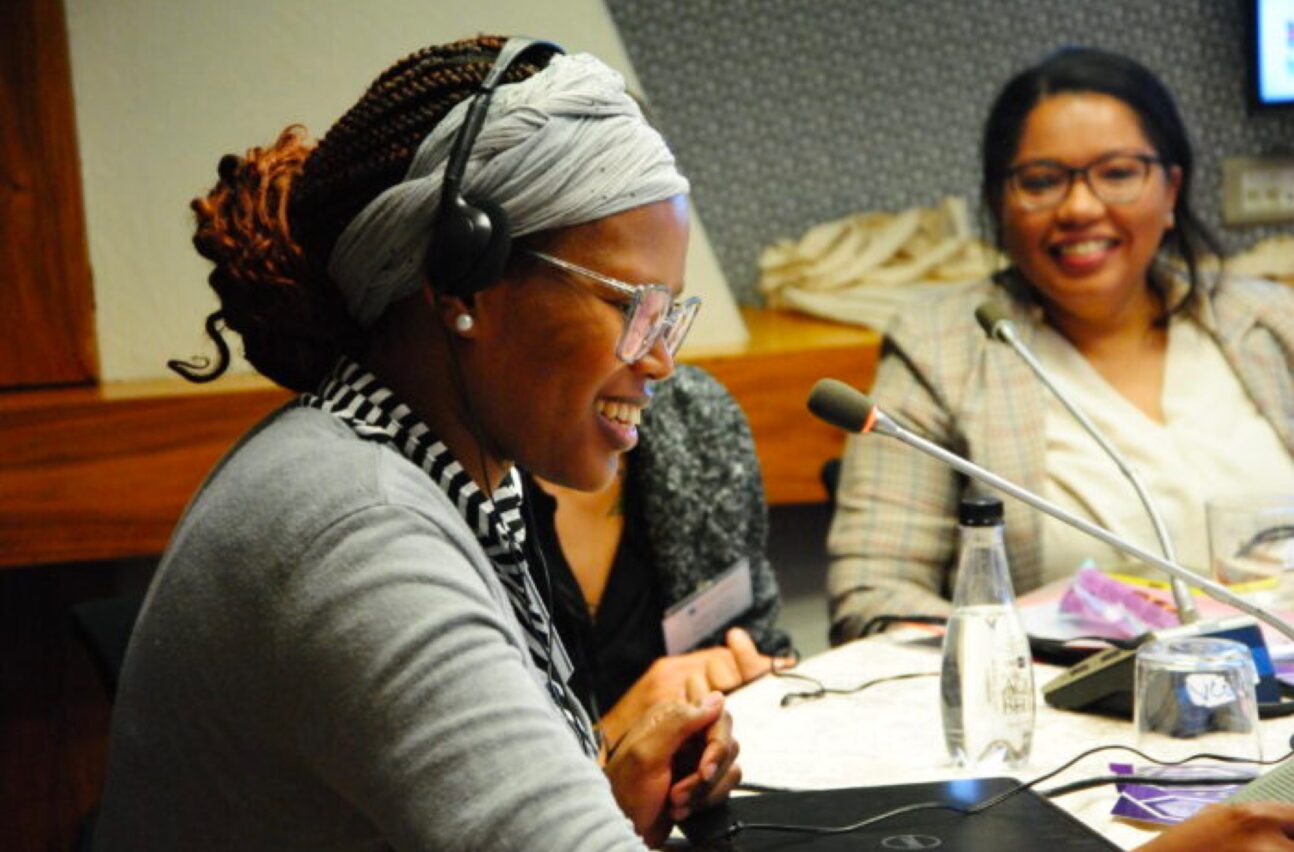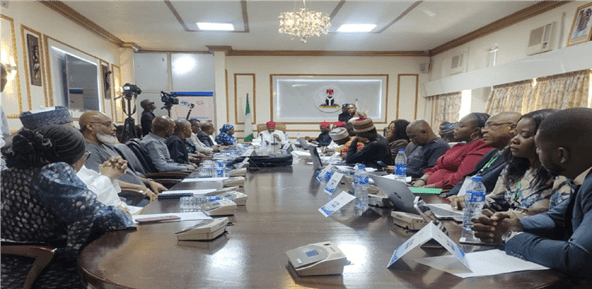Research funding flows are essential to science. These are the channels and paths that distribute financial support for research. A research funding flow can be a complex and lengthy process….
Research funding flows are essential to science. These are the channels and paths that distribute financial support for research. A research funding flow can be a complex and lengthy process. It might start with the creation of a fund. But, it could include many steps, from grant application and budget management to project reporting and dissemination.
However, it’s not just the steps that complicate research funding flows. The processes cover many initiatives and projects and stem from various funding sources. The nature of the research can also determine the research funding flow. And institutions or organisations involved can shape the process, too. The various arrangements and partnerships often make research funding flows challenging to navigate.
Focusing on research funding flows at SGCI’s annual forum
So, how do research communities in African countries better understand the funding landscape? This year, the Science Granting Councils Initiative in Sub-Saharan Africa (SGCI) focused on this very subject. It hosted an annual forum focusing on research funding flows. The event held on 13 November 2023 was hosted by the National Research Fund Kenya, in Mombasa. The forum delivered a series of masterclasses. The classes featured commissioned papers around research funding flows authored by subject-matter experts.
The papers covered various topics on international research funding flows. For example, they included research excellence, ethics, open science and public engagement. The masterclass sessions enabled SGCI to contribute to key debates around science policy. These paper-focused discussions are important for shaping national, regional and continental research policies in Africa. They open up dialogue and support the exchange of ideas.
Understanding research funding flows to improve scientific collaboration
Countries in Africa are keen to understand research funding flows in more detail. This topic is particularly relevant given the rapidly changing research funding landscape. In particular, science granting councils (SGCs) are interested in understanding the processes. The masterclasses promoted discussion on gaps and opportunities and ways to leverage partnerships. These types of events can help organisations to position themselves as leading collaborators. They can also support broader efforts to understand future science, technology and innovation in Africa. Critically, they offer an opportunity for SGCs to position themselves in relation to rapid developments in the research sector.
In the Global South, national funding is sometimes scarce. And research is often paid for through a variety of arrangements and partnerships. This can involve collaborators or donors from the Global North. The annual forum provided an opportunity to shed light on collaborations. Funding flows between countries are a necessity. Data on public and private research funding from institutions, surveys and universities is critical. It can provide insights into national and regional funding processes. It can also help funders, including SGCs, understand gaps and collaboration opportunities. Furthermore, it provides tools for effective agenda-setting and resource mobilisation.
Presenting a working paper on research funding flows
Research is often interconnected on a global scale. And many African countries depend on foreign research funding sources. The working paper presented a map reflecting developments in science funding over the past 15 years. This includes new funding actors, instruments and strategies. The paper specifically focused on how these developments have produced new modalities.
The influence of private donors on researching funding flows
Over the past two decades, notable developments have taken place. The entrance of private funders in African science funding is one such development. This includes organisations such as the Bill & Melinda Gates Foundation. Previously, scientists would define areas of funding based on their research experience. But now, the dynamics of large philanthropic bodies influence funding. Furthermore, large private funders tend to associate with multilateral bodies. This includes global organisations like the World Health Organisation and multi-agency funding schemes.
The trend towards centres of excellence affects funding flows
Another significant change in funding is that large ‘initiatives’ are now the name of the game. Programmes are aimed at multi-annual and multilateral support. They seek to produce an impact through the sheer weight of concentrated resources. They lead to large networking initiatives combining public and private sources of funding. And they have led to the creation of centres of excellence and clusters of knowledge. This concentrates funding in a single location.
The masterclasses sought to answer questions about the effects of these developments on funding. And they considered how they affect the mission, standing and functions of SGCs. They also aimed to explore whether new funding modes strengthen or weaken the role of the SGCs.
Research and Resources
Themes
The SGCI aims to strengthen the capacities of these SGCs to support research and evidence-based policies that will contribute to economic and social development.







